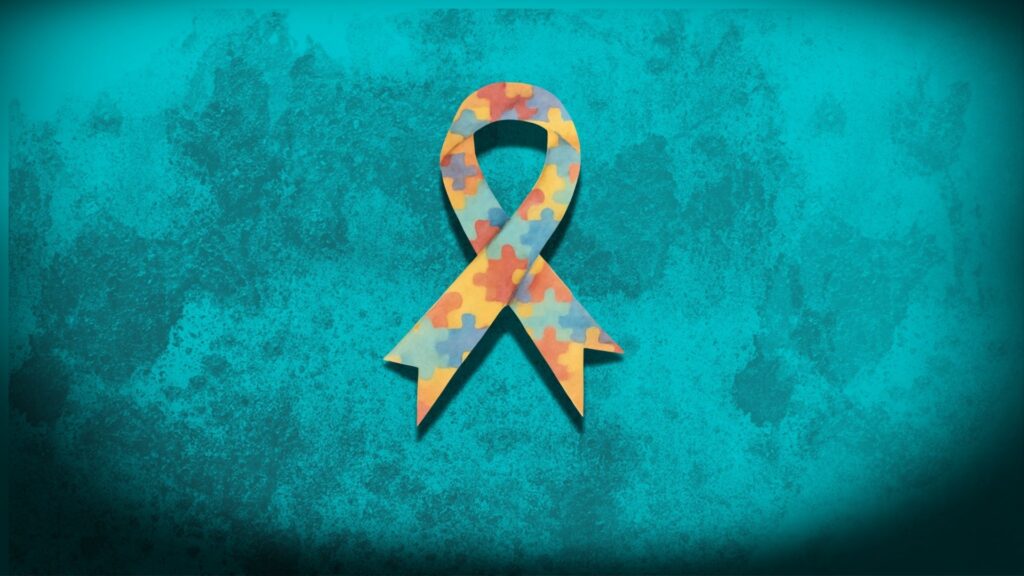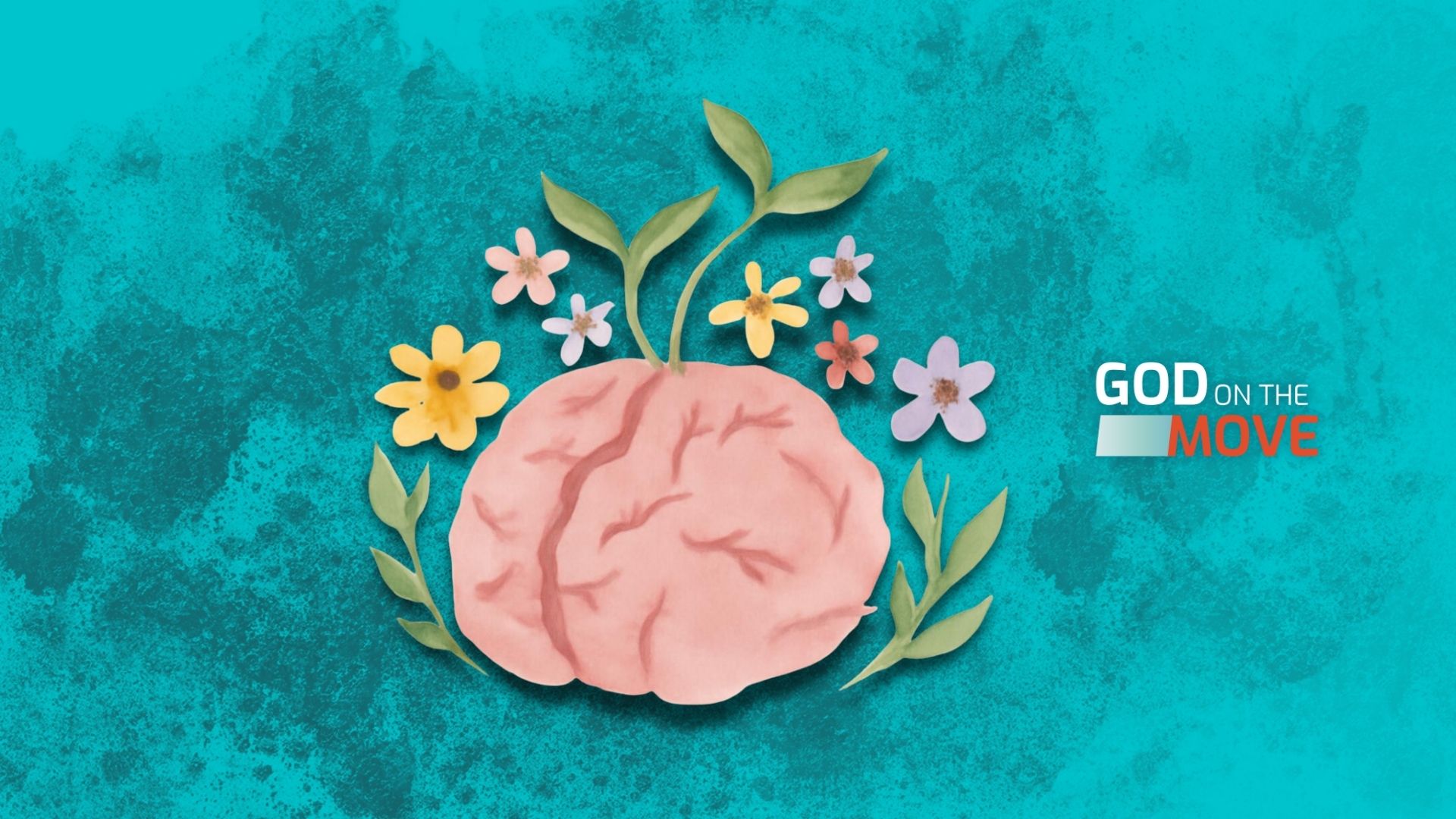Editor's Note
Each of these stories was recorded in the Storytelling Booths at the Fourth Lausanne Congress in Incheon, South Korea, in September 2024. These booths served as a sacred space for global participants to share testimonies, prayer requests, and offer ministry insights from their unique contexts. We are honoured to pass these along as glimpses of how God is moving to bring healing to those who suffer mental ill-health.
‘I came that they may have life and have it abundantly’ (John 10:10, ESV).
Across the globe, there is approximately one suicide every 43 seconds. This means that there are almost 2000 lives lost every day. The cause of suicide varies across psychological, biological, social, and environmental factors, and according to the WHO, young people between the ages of 15-29 are most at risk.1
As Christians, we are called to advocate for social justice and have a deep care for God’s children, including people that are vulnerable, and perhaps struggling with mental health (Prov 31:8-9, Luke 4:18). The three stories below shine a spotlight on the growing issue of poor mental health, but also give testimony to how the global church is working to bring hope and healing through a holistic lens, from Hong Kong, to Zimbabwe, to Myanmar. May we be encouraged by these stories and reminded that we, the church, can play our part in reducing the stigma of mental health challenges to bring hope where there seems to be none.

Holistic Care for Abundant Wellbeing
As both a psychiatrist and a follower of Jesus, Michael Wong has seen firsthand how pressures of childhood abuse, trauma, and deprivation leave deep marks. For him, caring for mental health isn’t just clinical work —it’s an expression of Christ’s mission to bring life to the full.
Michael works in Hong Kong and is part of a faith-based charity that promotes mental health and wellbeing. ‘Mental health and wellbeing is actually holistic,’ he explains, ‘not just about psychosocial, but also spiritual.’ This is the conviction driving him and his colleagues to make mental healthcare accessible and sustainable, while also pointing people to the fullness of life that Jesus offers. They are a group of mental health professionals who are active and convicted in their faith, with a referral network to help those struggling. Michael shares some staggering statistics of suicide, noting that younger generations between 12 and 24 are the most vulnerable to poor mental wellbeing, because their brains are still under development.2 Behind every statistic is a teenager or young adult who needs care, support, and hope. This highlights the urgent need for us to teach the next generation to value and recognise mental health as a vital part of overall wellbeing, so that they can develop resilience and prioritise care before crises emerge.
💬 Click the “≫” icon in the top-right corner to open the transcript.
Michael explains how the church can begin doing this: by viewing mental health in a holistic way. He reminds us that there are psychological, social, and spiritual aspects of health. This is a powerful reminder that God cares for every aspect of our lives; as Michael puts it, ‘We are all created in the image of God. His will for us is to live a meaningful life in relationship with him, as an integrated whole, not fragmented.’
We can be encouraged by Michael’s holistic perspective on health—focusing on our mental and spiritual health, as well as our physical health, to experience abundant life in Christ.

Breaking Stigma and Building Awareness
On another continent, in Zimbabwe, holistic health is also a concern. Greta Demba, a family therapist and church leader, believes God is calling his people to see a person as a whole, including body, soul, mind, and spirit. ‘Our desire is that the person’s whole health is healed—physical, mental, emotional, spiritual,’ she explains. Lack of awareness and stigma towards mental health challenges run deep in Zimbabwe, and Greta longs to see a shift in the narrative.
Together with pastors, young people, and community members, she is helping to spark open conversations that challenge harmful assumptions (such as that mental health challenges are demonic or rooted in witchcraft). Greta shares how these groups are working to identify specific ways in which they can reach the young people in their community. Their goal is to help people recognise the importance of mental health, and see how the body of Christ can build up their community. Together, they are finding practical ways to engage youth through sports programs and nutrition initiatives, while also reaching the wider community by hosting open discussions on mental health.
💬 Click the “≫” icon in the top-right corner to open the transcript.
The work is challenging, but Greta is hopeful, describing it as a good and exciting walk so far. From her story, it is clear that God is moving in Zimbabwe, and as the global church, we can also seek ways to implement collaborative action for holistic care. We, as the body of Christ, can have a significant impact on the community around us, to reduce stigmas, raise awareness and shine a light of hope for our community.

From Crisis to Quilting
As we begin to reduce mental health stigma and raise awareness around wellbeing, we are reminded that in Jesus Christ, hope and peace can be found. Jonathan Stone, an American missionary serving in Myanmar, uses a beautiful illustration of the comfort found in Jesus.
The people in Myanmar have endured devastating situations in recent years, highlighting the need for mental health support amidst crises. They have suffered immense personal loss, and while caring for physical needs is important, the emotional impact of this trauma should not be overlooked.
in Jesus Christ, hope and peace can be found.
Even for those ministering in these circumstances, mental health can take a significant toll. This has been true for Jonathan, and he shares how he deals with the emotional impact of serving this nation. Through the art of quilting, he is able to slow down and process his feelings, while also praying for those in need
💬 Click the “≫” icon in the top-right corner to open the transcript.
Jonathan’s testimony is encouraging for those of us who may not have personally experienced trauma, but are in roles of supporting others who have. This itself can become a heavy burden if we don’t find ways to process our emotions. Jonathan uses his hobby to help him think and pray through his own emotions, while remembering that his strength comes from Jesus. He draws an analogy between the Japanese art of Kintsugi and how Jesus restores our brokenness. This ancient art form takes broken pieces of fragile china and glues them back together using a mixture of lacquer and gold.3 The gold highlights the cracks instead of trying to hide them, making the creation new and actually more beautiful than before.
Conclusion
In this dark world, full of tragedy, we as Christians can take a stand and acknowledge the critical role mental health plays in overall wellbeing. We are holistic beings, created by God, and he desires for us to experience abundant life through his son, Jesus Christ. By taking a holistic approach to health, we consider the physical, spiritual and emotional aspects, and we give attention to each of them, allowing Jesus to guide and heal.
Jesus can restore us and become the gold in our cracks, making even our flaws beautiful.
As the global church, may we adopt an active role in raising awareness and reducing the stigma associated with poor mental health, teaching the importance of taking time to process our emotions with the Lord. Through Jesus, we can find hope and healing in every aspect of our lives. Let us place our focus on him and remind ourselves that he is at work in us—taking our brokenness and making us whole. Jesus can restore us and become the gold in our cracks, making even our flaws beautiful.
More resources
- Health For All Nations Website
- Mental Health and Trauma episode on the global classroom
- Strategies to Incorporate Mental Health into our Church Culture Webinar
- Mental Health, Spiritual Healing and the Church Webinar
Endnotes
- who.int
- See more at pubmed.ncbi.nlm.nih.gov
- britannica.com

